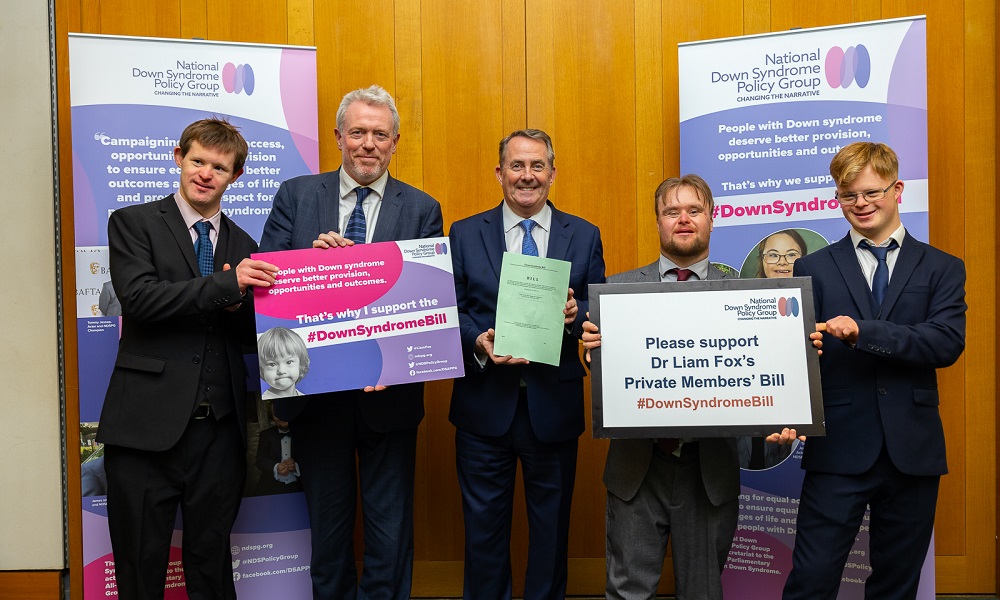James Sunderland backs the Down Syndrome Bill which will be debated in the House of Commons on Friday 26 November 2021.

The Down Syndrome Bill has been introduced as Dr Liam Fox’s Private Members’ Bill. Dr Fox was selected in the Private Members’ Ballot to bring forward a Bill of his own choosing for this Parliamentary session – only twenty MPs each parliamentary session are drawn at random in the ballot. Dr Fox, a former NHS Doctor and GP, decided to use this unique opportunity to bring forward the ‘Down Syndrome Bill’ as his Private Members’ Bill.
The Government announced last week that it will support the Down Syndrome Bill. This means the Down Syndrome Act 2022 (as it will become) will improve provision and outcomes for all those living with Down syndrome in England. This will encompass, amongst other areas, maternity care, education, health, social care and employment.
The National Down Syndrome Policy Group has launched a new campaign in support of the Bill. The ‘Stand Up for Down Syndrome’ campaign includes a Change.org petition which has attracted the signatures of 30,283 people with Down syndrome, their families and supporters. Thousands of constituents have written to their MPs as part of the campaign urging them to support the Bill.
James Sunderland said:
“I am very happy to support the Down Syndrome Bill and I am pleased that it has Government support. For the first time people with Down syndrome are beginning to outlive their parents, so it is important that we take action on this now. This is also a chance for us to go much further to ensure those with Down syndrome can access all the health, education and social care services they need. I welcome this Bill.”
Down Syndrome Bill sponsor, The Rt Hon Dr Liam Fox MP said:
“I am thrilled to bring forward a Bill to deal with the issues faced by those with Down syndrome. My aim is to deal with three main areas. The first is to de-stigmatise Down syndrome. The second is to ensure that current provision of services is improved. The third is to look ahead and deal with future issues, such as long-term care, in an era where, for the first time, many of those with Down syndrome will outlive their parents.”
